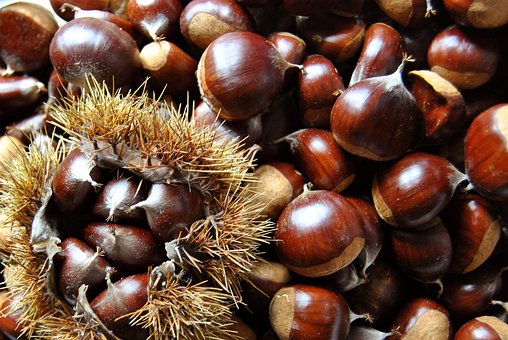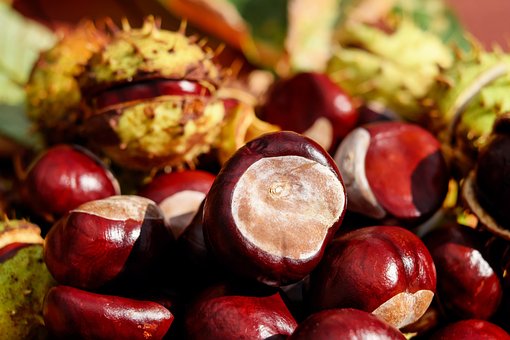Chestnuts are a type of tree nut that has a unique nutritional profile and a number of potential health benefits. They are a good source of complex carbohydrates, fiber, and essential vitamins and minerals, and they are low in fat and calories compared to other types of nuts. In this article, we will explore the nutritional value of chestnuts and discuss whether they are a healthy choice for individuals seeking to improve their diet and overall health.
First, let’s take a look at the nutritional value of chestnuts. According to the United States Department of Agriculture (USDA), one cup of roasted chestnuts (about 100 grams) contains the following nutrients:
Calories: 170
Protein: 2 grams
Total fat: 1 gram
Carbohydrates: 40 grams
Fiber: 4 grams
Sugar: 4 grams
Sodium: 5 milligrams
Chestnuts are an excellent source of complex carbohydrates, which are important for maintaining energy levels and supporting the body’s metabolic functions. They are also a good source of fiber, which helps to promote healthy digestion and may lower the risk of heart disease and certain types of cancer.
Chestnuts are relatively low in fat compared to other types of nuts, making them a good choice for those looking to reduce their intake of saturated fats. They are also low in calories, which makes them a good option for those trying to manage their weight.
In addition to their macronutrient profile, chestnuts are also a good source of essential vitamins and minerals. They contain high levels of vitamin C, which is important for maintaining a healthy immune system and promoting collagen production in the skin. Chestnuts also contain high levels of thiamin, niacin, and pantothenic acid, which are important for energy metabolism and the functioning of the nervous system.
Chestnuts are also a good source of minerals, including potassium, which helps to regulate blood pressure and support healthy muscle function, and copper, which is important for the production of red blood cells and maintaining strong bones.
Now that we have a general understanding of the nutritional value of chestnuts, let’s take a look at whether they are a healthy choice for individuals seeking to improve their diet and overall health.
In general, chestnuts can be a healthy addition to a well-balanced diet. They are a good source of complex carbohydrates, fiber, and essential vitamins and minerals, and they are low in fat and calories compared to other types of nuts.
However, it’s important to keep in mind that nuts, including chestnuts, should be consumed in moderation as part of a balanced diet. This is because they are high in calories and can contribute to weight gain if consumed in excess. It’s also important to note that some individuals may be allergic to nuts, including chestnuts, so it’s important to be aware of any potential allergies before incorporating them into your diet.
In conclusion, chestnuts are a nutritious and delicious tree nut that can be a healthy addition to a well-balanced diet. They are a good source of complex carbohydrates, fiber, and essential vitamins and minerals, and they are low in fat and calories compared to other types of nuts. However, it’s important to consume them in moderation and be mindful of any potential allergies.

 Home
Home Health
Health Diet & Nutrition
Diet & Nutrition Living Well
Living Well More
More












